|
Today I am possibly going to spent your money :). I bought my copy of Alison Cole's latest book 'The Goldwork Masterclass: adventures in metal thread embroidery' a couple of weeks ago. As with her other book 'The Stumpwork Masterclass', which I wrote about here, this is another splendid addition to your needlework library. The book starts with a brief history of goldwork embroidery. Nothing in-depth, but enough to give you a bit of a background. Illustrated with pictures of historical pieces, sometimes from Alison's own collection. This chapter is followed by a chapter on basic requirements (answering questions on which fabrics to use), one on transferring and framing up (a proper slate frame is best for most projects) and a chapter on all the different forms of padding (slight differences with how I learned at the RSN, will definitely try to see what actual difference it makes). After these introductory chapters, the real deal starts with a detailed chapter on all the different forms of couching gold threads. Including instructions on how to do double-sided brick stitch petals (I must SO try this one day!). Alison not only looked at English-style goldwork embroidery, but also remarks on goldwork embroidery from China, India, Spain, France and Turkey. The next chapter describes my favourite goldwork technique, or nue, in great detail. This is basically a form of needle painting over pairs of goldwork couching threads such as passing thread. As I have studied this technique in-depth myself, I do not agree with everything Alison says. For instance, the hey-day of or nue lasted well into the 16th century in the Low Countries and long-and-short stitch in silk is indeed worked over the goldthreads for the hands of the saintly figures on these particular orphreys. The chapter on or nue is followed by similar in-depth chapters on other couching threads, pearl purl and plate, purl and other traditional materials. Oh, the possibilities! The two chapters that follow these are centred around the techniques used in a particular historical period: Opus Anglicanum and Elizabethan & Stuart goldwork (packed full with braided stitches I SO must try one day!). The final chapters cover techniques and design elements such as fillings, creative materials taken further, combining goldwork with other embroidery techniques, ceremonial goldwork and other golden goodies (making your own braids). The whole book is packed full with beautiful and detailed pictures of antique goldwork embroideries from Alison's own collection, modern pieces by Alison or from collections around the world. Very inspirational indeed! This book is not your average project book. Each chapter comes with a sampler showcasing all the techniques described in the text. This is really cleverly done. You work a small design in a particular technique to just master this particular part of goldwork embroidery. A masterclass, indeed! I really love this book and I think you should definitely have this on your shelf when you are interested in goldwork embroidery. Compared to all the other famous goldwork embroidery books I own, this one is the most complete. It even contains techniques I wasn't familiar with. This is absolute bliss and unfortunately happens less and less when you reach a certain level in your embroidery practice. But, as with all of the other famous goldwork embroidery books I own, this book is also essentially written from an English perspective. What do I mean by this? Some of Alison's pertinent remarks regarding the availability of certain types of threads (particularly different sizes of plate, whipped plate and shaped folien) or how they are used are simply not true when you have access to German and Dutch sources (in the broadest sense of the word). It reminded me that language can be such a barrier. And I am sure I would have been guilty of the same as I find it hard to decipher the romano languages, let allone Greek or Russian ... Where to find this fantastic book? I've bought mine directly from Alison. With the shipping to Germany it came to about €57. Perfectly good value for a book packed full with so much information. And it worked out about €3 more expensive than when I had bought from a European source. As Alison probably earns the most from books bought directly from her, the price difference of a cappuccino should be worth it, I think :).
5 Comments
|
Want to keep up with my embroidery adventures? Sign up for my weekly Newsletter to get notified of new blogs, courses and workshops!
Liked my blog? Please consider making a donation or becoming a Patron so that I can keep up the good work and my blog ad-free!
Categories
All
Archives
July 2024
|
Contact: info(at)jessicagrimm.com
Copyright Dr Jessica M. Grimm - Mandlweg 3, 82488 Ettal, Deutschland - +49(0)8822 2782219 (Monday, Tuesday, Friday & Saturday 9.00-17.00 CET)
Impressum - Legal Notice - Datenschutzerklärung - Privacy Policy - Webshop ABG - Widerrufsrecht - Disclaimer
Copyright Dr Jessica M. Grimm - Mandlweg 3, 82488 Ettal, Deutschland - +49(0)8822 2782219 (Monday, Tuesday, Friday & Saturday 9.00-17.00 CET)
Impressum - Legal Notice - Datenschutzerklärung - Privacy Policy - Webshop ABG - Widerrufsrecht - Disclaimer
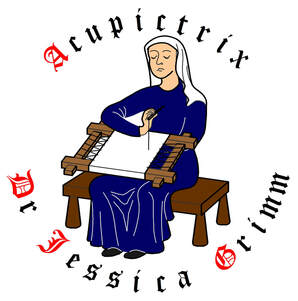
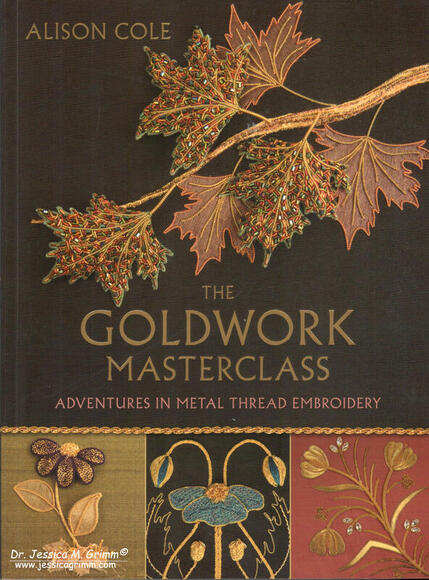
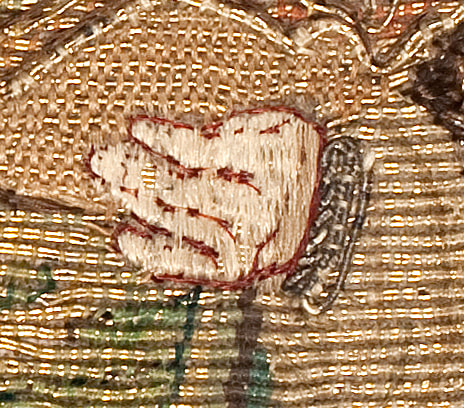
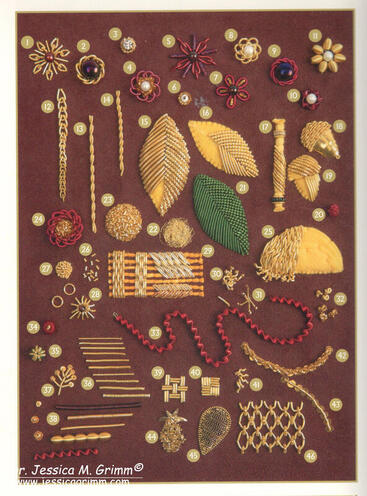

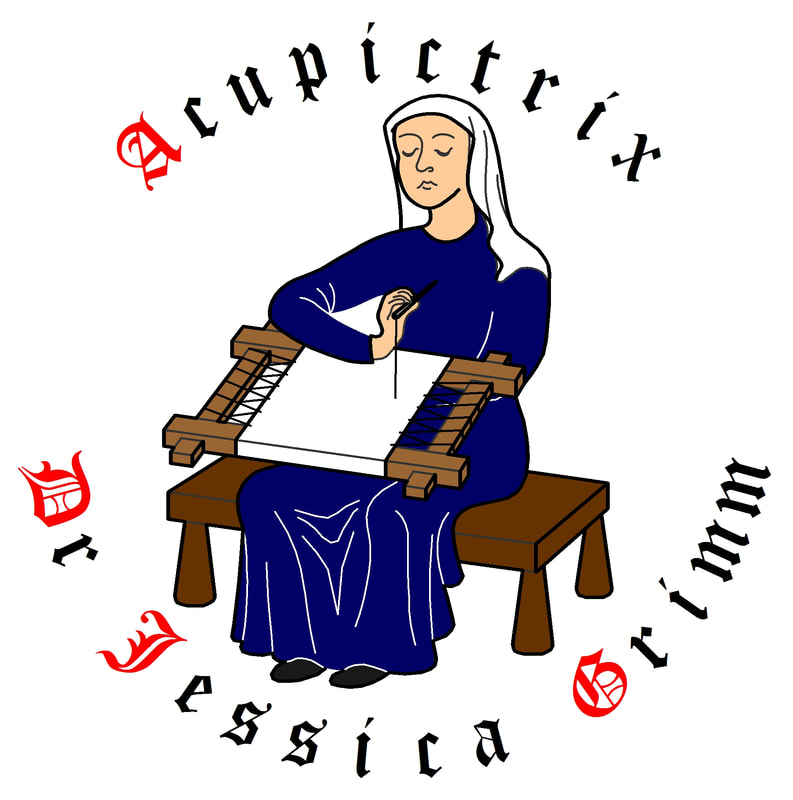



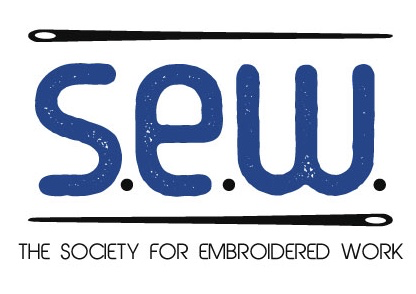
 RSS Feed
RSS Feed